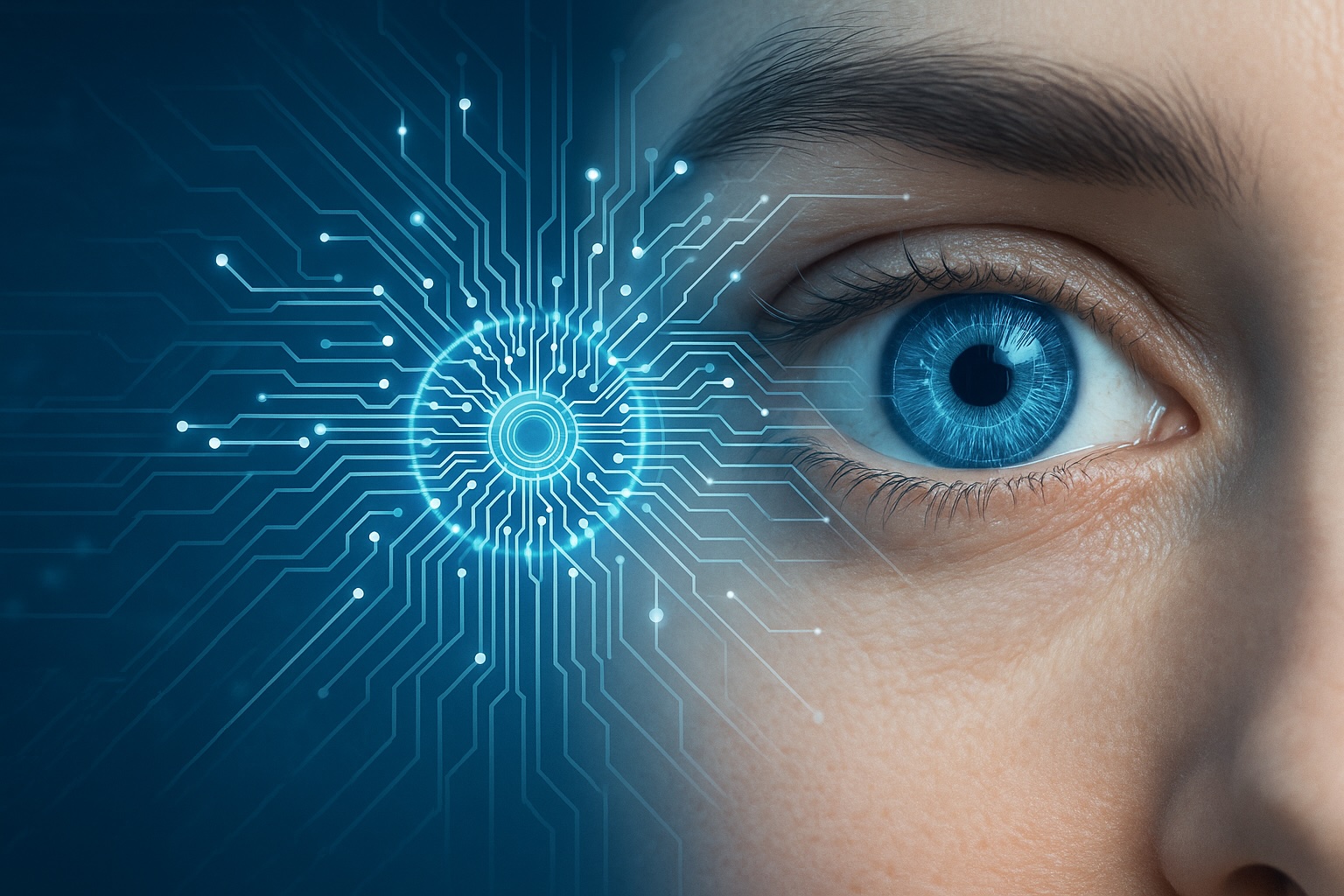Table of Contents
By Dr. Alejandro Espaillat
What Causes Eyelid Twitching?
Most eyelid twitches are benign, temporary, and related to lifestyle factors. Common causes include:
- Fatigue – Not getting enough sleep can trigger eyelid spasms.
- Stress – High stress levels are one of the most common culprits.
- Caffeine – Too much coffee or energy drinks can overstimulate your nerves.
- Eye Strain – Staring at a computer or phone screen for long periods without breaks can fatigue your eye muscles.
- Dry Eyes – Particularly common in people over 40 or those who wear contact lenses.
- Nutritional Imbalance – In rare cases, low levels of magnesium or other electrolytes may contribute.
When Should I Be Concerned?
In most cases, eyelid twitching resolves on its own within a few hours or days. However, you should see an eye doctor if:
- The twitching persists for more than a week
- It spreads to other parts of your face or involves the entire eyelid closing
- You notice redness, swelling, or discharge
- Your vision is affected in any way
Rarely, persistent or severe twitching may be linked to underlying neurological conditions, but this is very uncommon.
What Can I Do to Stop It?
Most twitches go away with a few simple changes:
- Get more sleep
- Cut back on caffeine
- Reduce screen time and take regular eye breaks
- Use artificial tears if your eyes feel dry
- Manage stress with relaxation techniques like meditation or exercise
If symptoms persist, your eye care provider may recommend additional treatments or order tests to rule out other potential causes.
What Can I Do to Stop It?
Most twitches go away with a few simple changes:
- Get more sleep
- Cut back on caffeine
- Reduce screen time and take regular eye breaks
- Use artificial tears if your eyes feel dry
- Manage stress with relaxation techniques like meditation or exercise
If symptoms persist, your eye care provider may recommend additional treatments or order tests to rule out other potential causes.
Eyelid twitching is usually a harmless and temporary annoyance. However, if it persists or is accompanied by other symptoms, it’s best to have it checked out.
Taking care of your overall eye health and managing stress and fatigue can go a long way in keeping these pesky spasms at bay.
Dr. Alejandro Espaillat is a board-certified ophthalmologist and fellow of the American College of Surgeons, specializing in cataract surgery, diabetic eye disease, and the application of artificial intelligence in vision care.

